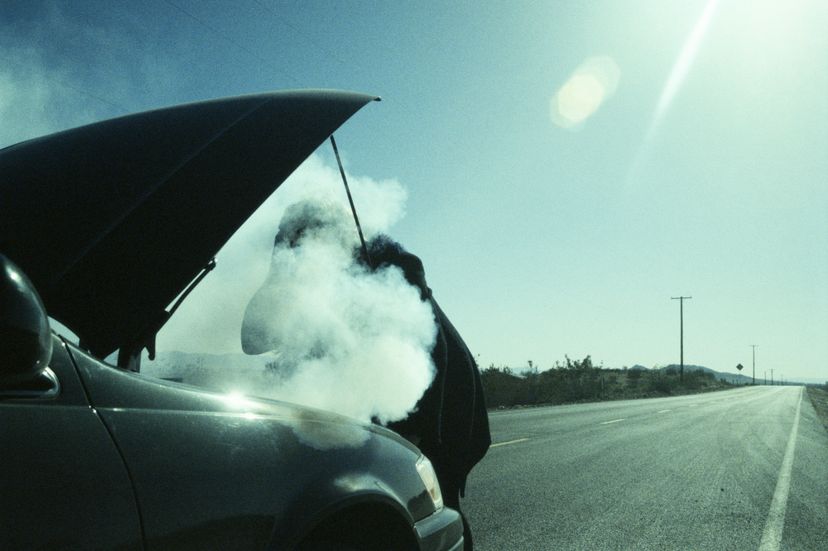The common causes of white exhaust smoke include water or coolant contamination in one or more cylinders. A failing head gasket, for example, can result in coolant seeping into the engine’s cylinders, causing white smoke to be emitted from the exhaust.
Another potential cause is a cracked or warped cylinder head, which can weaken the seal between the cylinder head and the engine block, allowing coolant to enter the combustion chamber.
Head Gasket Failure
A head gasket is an essential component that forms a seal between the engine block and cylinder head, preventing the leakage of coolant, oil, and compression. A failing head gasket can lead to white smoke from the exhaust, as coolant may mix with engine oil and enter the combustion chamber. If left unaddressed, this issue can result in unfavorable bearing damage and ring wear, leading to potentially costly repairs.
The process for repairing a leaking head gasket typically involves replacing the gasket and any associated components that may have been damaged.
Damaged Cylinder Head
A cracked or warped cylinder head is a compromised component due to extended use or an incident. This damage can result in a weakened seal between the cylinder head and the engine block, thus allowing coolant to enter the combustion chamber, leading to the production of white smoke from the exhaust.
If you notice persistent white smoke from your exhaust, it’s crucial to have your vehicle inspected by a professional to determine if a damaged cylinder head is the root cause.
Cracked Engine Block
A cracked engine block is a break or fracture in the metal casing of the engine, which can cause various symptoms including:
- White smoke from the exhaust
- Oil or coolant leaks
- Overheating
- Loss of compression
Generally, cracked engine blocks are a result of overheating or other forms of stress on the engine and typically require replacement with a new or rebuilt engine for repair.
To prevent further damage and costly repairs, it’s essential to address a cracked engine block promptly. Taking the time to inspect the engine for signs of a crack, and having it serviced.
